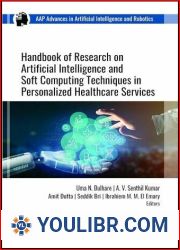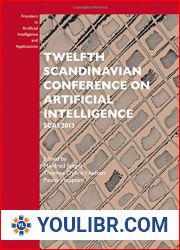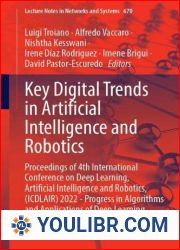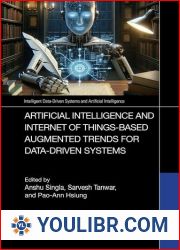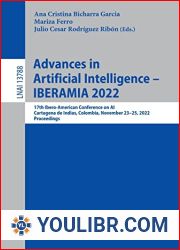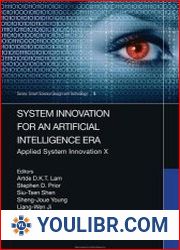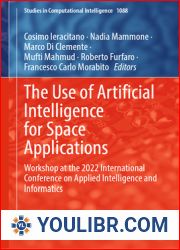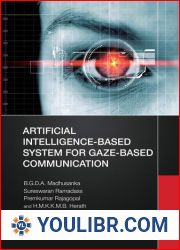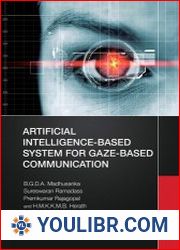
BOOKS - PROGRAMMING - Advancing Edge Artificial Intelligence System Contexts


US $8.93

691694

691694
Advancing Edge Artificial Intelligence System Contexts
Author: Ovidiu Vermesan, Dave Marples
Year: 2023
Number of pages: 260
Format: PDF
File size: 14.6 MB
Language: ENG
Year: 2023
Number of pages: 260
Format: PDF
File size: 14.6 MB
Language: ENG
The intersection of Artificial Intelligence (AI), the Internet of Things (IoT) and Edge Computing has kindled the edge AI revolution that promises to redefine how we perceive and interact with the physical world through intelligent devices. Edge AI moves intelligence from the network centre to the devices at its edge, entrusting these endpoints to analyse data locally, make decisions, and provide real-time responses. Recent advances in power-efficient high-performance embedded silicon make edge AI a viable proposition, albeit one requiring new distributed architectures and novel design concepts. Moving decision-making closer to the edge makes responses faster and systems more reliable, while the constant pressure to reduce network bandwidth demand and the need to contain spiralling data storage and operations costs help justify the engineering investment necessary to embrace this new paradigm. Further, moving to decentralised operation opens the door to a multitude of novel applications, covering immersive technologies and autonomous systems across fields as diverse as healthcare and industrial automation, personal assistance and prognostics, surgery, and process control. In the best tradition of systems engineering, the first stage of this transition process is understanding the application domain for edge AI deployment, the "system context". Federated Learning (FL) has emerged as a promising technique that enables privacy-preserving development of ML models on low-energy Edge devices. FL is a distributed approach that enables learning from data belonging to multiple participants, without compromising privacy since user data are never directly shared.















